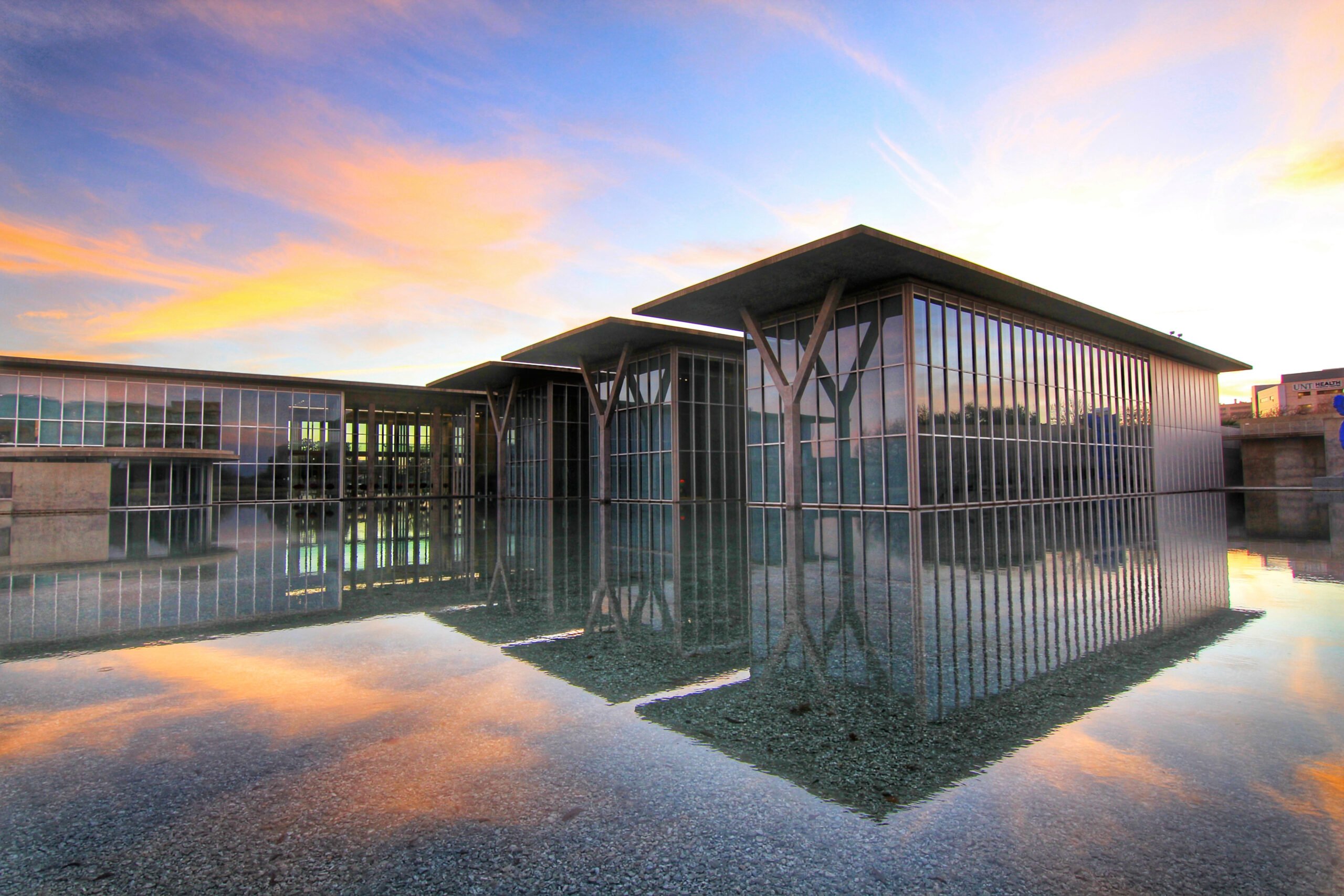ustxtxb_obs_1963_01_10_50_00014-00000_000.pdf
Page 14
firmation he had made the remarks. Wright took exception to Brown’s statement that such a candidacy would be political suicide for Wright. This, said Wright, sounded “more like a threat than a suggestion” and was “in very bad taste and more than a little arrogant.” Wright also said that though he had not beenseriously considering opposing Yarborough, “if he and Hank” thought Brown’s statement was the way to discourage him, _ they had chosen an awkward and ineffective way to do it. Yarborough did not know about Brown’s statement and regretted it. Brown let the matter drop, content that his point had been made. Kilgore’s name was thrown forward in the Dallas News’ political tidbit column from Washington last Sunday. Chris Dixie, Houston attorney, stated at last weekend’s Democratic coalition meeting in Austin that a committee from the coalition had visited with Sen. Yarborough to lodge extremely blunt complaints about his not answering letters promptly \(which, Dixie said Yarborough told them, was a situation that was on the satisfactory enough” relationships with the Negro and Latin-American minorities. Dixie said the committee told Yarborough he should integrate his Washington office. Yarborough, Dixie said, protested justifiably that he had a more liberal voting record on race than any Southern senator and that he had been a friend of the minorities, and not a fair-weather one. Still, Dixie said the delegation persisted, Yarborough has not done a good job in his relationships with minorities. Dixie said Yarborough gave the group “certain assurances of changes he is going to make.” Miguel Servete discovered the circulation of blood and published “De Trinitatis Erroribus,” among other things, for which he was burnt. DON’T ROCK THE BOAT! \(Where there’s caution there’s Elephant ELEPHANT HILL SCHOOL OF ECONOMIC THEORY P.O. Box 6610$, Houston 6, Texas “Wellspring of Conservative Thought” 14 The Texas Observer It might be contended, subjectively, that the ‘liberal political movement in Texas has been caught, since the Johnson for president campaign, in a contraction of spirit from which it is only now recovering. Not since the old Democrats of Texas Clubs were crushed in the gears of the Johnson movement at the May 1960 presidential convention has a Texas liberal organization existed in a meaningful sense. Last weekend in Austin, however, about 100 Texas liberals met in a downtown hotel and raised, mostly in pledges, $15,000 to finance the work of their Democratic coalition. The meeting was quite different from those old brass-collar Democratic rallies at which integration was a tabooed subject and party loyalty the principal theme. The coalition’s composition was symbolized by the five participants in a panel on voter registration : Bob Eckhardt, representative from Houston, an independent liberal; Mrs. Barbara Jordan of Houston, a Negro who ran for the legislature and made a good showing; Albert Fuentes of San Antonio, executive director of the Political Assn. of Spanish-Speaking Organizations; Roy Evans, executive secretary of the Texas A.F.L.-C.I.O.; and Houston CLASSIFIED BOOKSSome months ago an article appeared in the Observer describing the public library in Trinity, Texasprobably the only such institution between the Trinity River and the Sabine. Anyone to this library is asked to bring or mail them to 1902 San Gabriel St., Austin, Thompson, an old-line Democrat who, however, was all-out for Jack Cox, the Republican candidate for governor, last fall. The coalition’s chairman for the nonce, Jim Phelps of Houston, an insurance man, said not only is he not a brass-collar Democrathe’s a liberal Democrat. Larry Goodwyn of Austin emerged in the meeting as the coalition’s fulltime staff man and researcher. He presented a series of political form charts whose implications amounted, he said, to “a revolution in the last eight years” ; he drew from them, without dissent, the conclusions that the conservative Democrats have lost about half the strength they used to have in the ‘most conservative city precincts; that it does not do the Democrats any good in these precincts to run conservativesliberals get almost as many votes there; and that the coalition must better serve Negroes and Latin-Americans, on pain of losing their votes. CONSIDER, Goodwyn said, figures showing the margin by which Allan Shivers beat Ralph Yarborough in the 1954 Democratic runoff for governor, compared to the margin by which John Connally beat Don Yarborough in the Democratic runoff for governor in 1962, in the 25 most conservative precincts of Harris County, the 26 most conservative in Dallas County, the ten most conservative in Tarrant, and the eleven most conservative in Bexar: Harris, Shivers 17,070, R. Yarborough 2,687; Connally 8,804, D. Yarborough 3,813a loss of the more conservative Democrat’s margin of


